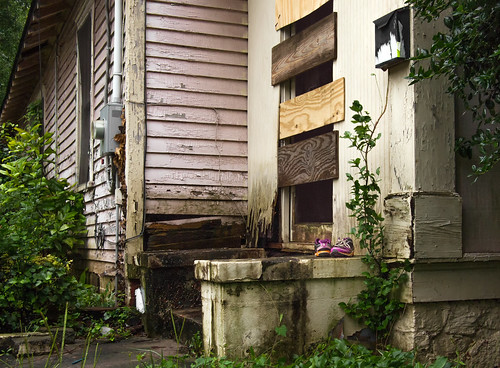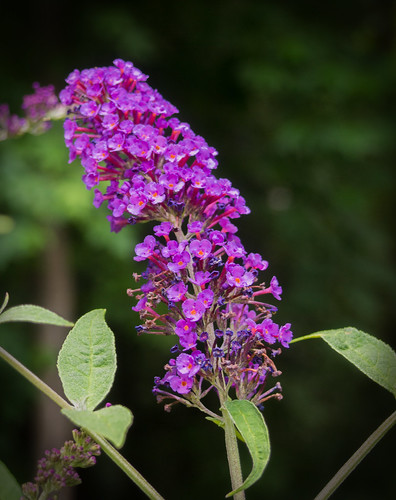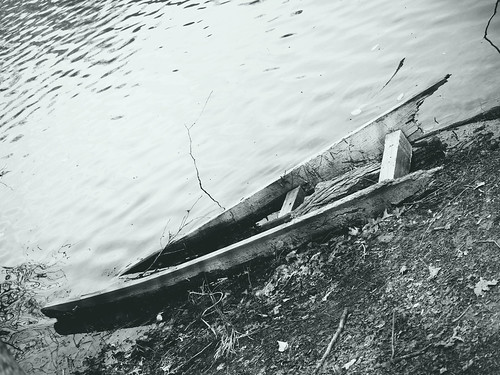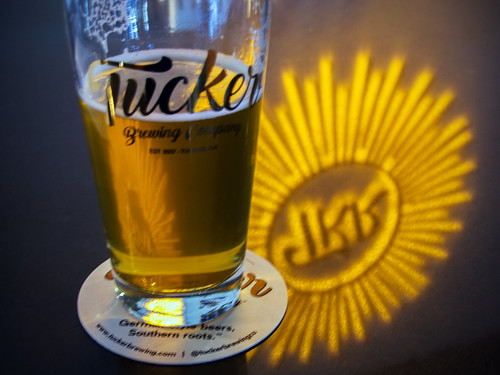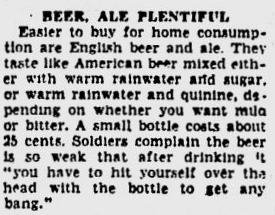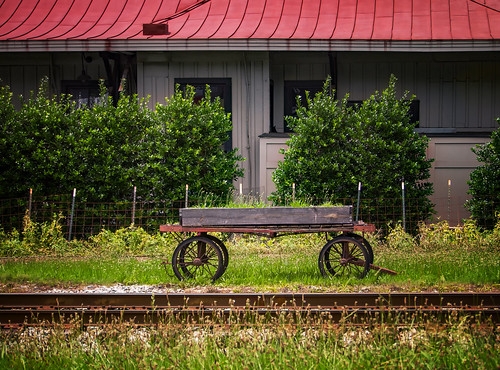Saturday, June 30, 2018
Pic(k) of the Week: Forgotten kicks
Who left these shoes behind? And why? Stories struggle to be told.
Atlanta (Edgewood), Georgia. 28 June 2018.
-----more-----
Saturday, June 23, 2018
Pic(k) of the Week: Vista Grove Butterfly Bush
Buddleja, aka butterfly bush, blooms in anticipation of an eponymous visitor.
In Vista Grove, Georgia, on 17 June 2018.
Several species of Buddleja are popular garden plants, the species are commonly known as 'butterfly bushes' owing to their attractiveness to butterflies, and have become staples of the modern butterfly garden; they are also attractive to bees and moths. The generic name bestowed by Linnaeus posthumously honored the Reverend Adam Buddle (1662–1715), an English botanist and rector.— Wikipedia
-----more-----
Labels: botany. science, flower, macro, nature, Pic(k) of the Week, southeastern US
Saturday, June 16, 2018
Pic(k) of the Week: Rowboat ruin
Not all, but a vast majority of lakes in Georgia are not naturally formed, but man-made. *
One such of the latter is small Lake Erin, in Henderson Park, of suburban Tucker, Georgia. On 8 March 2016, I played photographer, there.
-----more-----
Saturday, June 09, 2018
Pic(k) of the Week: And what is so rare as a day in June?
And what is so rare as a day in June?
On 2 June 2018, a new production brewery opened its doors in Tucker, Georgia, a suburb city of Atlanta. Nice, but not necessarily rare. As of 1 January 2018, there were 6,372 breweries in the United States, according to the [U.S.] Brewers Association.
No, what was rare was an out-of-the-craft-beer-mainstream character to the event. The brewery, Tucker Brewing, was pouring only three beers: a bright zesty pilsner, an amber lager, and a hefeweizen. That was it.
TKR Pilsner (pictured above) specs:
- 4.8% alcohol by volume (abv).
- 25 International Bittering Units (IBUs).
- Pilsner malt.
- Hallertau Merkur, Hallertau Perle, and Hersbrucker hops.
- Lager yeast.
On the same weekend that Tucker Brewing opened its doors, another in the metropolitan Atlanta area closed its: Abbey of the Holy Goats, in Roswell, Georgia. That juxtaposition brings to mind the requisites of new brewery success. I believe that those are:
- You need money: a brewery is a business.
- You need expertise: a brewery is a factory.
- You need 'it': an artist's soul helps.
- You need a full pint of Gambrinus' luck.
-----more-----
Wednesday, June 06, 2018
"Like mixing your beer with rainwater and sugar."
On 25 May 1944 —a fortnight before the D-Day invasion of Nazi-occupied Normandy, France— the Fredericksburg (Virginia) Free-Lance Star published a story by the overseas American war correspondent Hal Boyle. It was one of many for Boyle —who would later win the Pulitzer Prize for his wartime reporting— but this particular dispatch described the World War II condition of booze in London, England.
At his blog "Beer et. Seq.," Gary Gillman has summarized the account, in wry style. His story —"Blondes, Taxis, and the West End"— includes Boyle's description of what Boyle and the American GIs thought of British milds and bitters of the time.
Not much.
-----more-----Seeking to explain mild ale and bitter beer to Americans, Boyle said mild is like mixing your beer with rainwater and sugar. And bitter is like mixing it with rainwater and quinine. (Today he might say the IPA that is the rage around the world is like mixing Bud with vodka and grapefruit juice).
Given that American lager in this period was still fairly bitter, it shows that English beer – pale or bitter ale – easily outstripped it. Since no unusual bitterness was detected in mild ale, one can assume its bitterness was about equal to mid-century American lager.
The weakness of British beer was remarked on, something I’ve discussed before as noticed by an Australian journalist. He stated the government must have pondered long and hard to get the stimulant/austerity balance exactly right. The American soldier’s reaction was typically popular and idiomatic: it’s like our beer if you drink it and get hit in the head with the bottle.
Saturday, June 02, 2018
Pic(k) of the Week: Still life (at the moment).
A past railroad depot, re-purposed: a scene I've wanted to photograph but never had. That is, until 30 May 2018, when I was in my car, with my camera, and the traffic signal held its red just long enough.
Modes of transportation,
Decatur, Georgia, on the tracks.
Still life (at the moment).
-----more-----
Subscribe to:
Posts (Atom)

